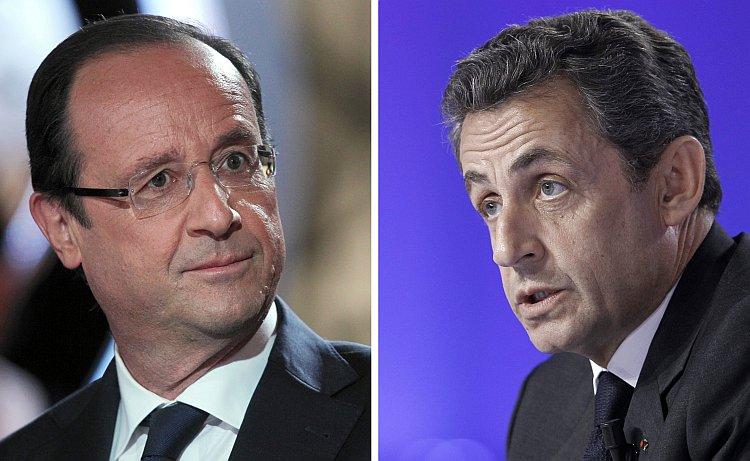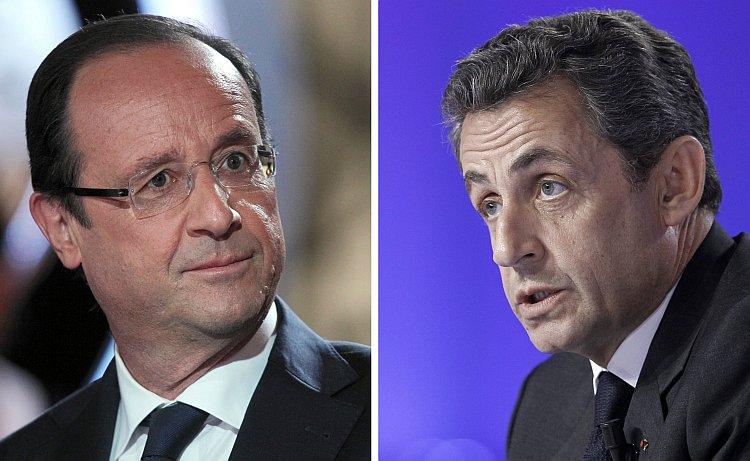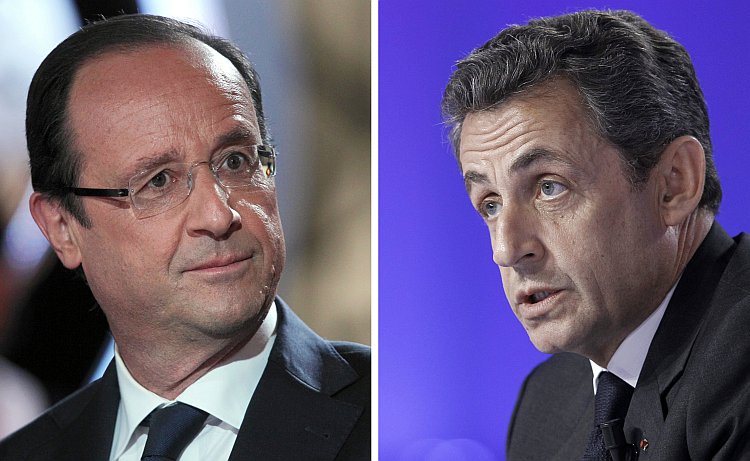PARIS—For the last 18 months, opinion polls in France have been indicating that President Nicholas Sarkozy will likely fail in his bid for re-election this year. Now the polls are silent in the run-up to the first round of voting on Sunday, and the real test is nigh—the test for Sarkozy and for the pollsters.
In France, recent history has shown polling data to be a notoriously poor predictor of outcomes. During the 1995 presidential campaign, polls widely predicted a final face-off between Socialist candidate Lionel Jospin and center-right candidate Edouard Balladur. They never expected Jacques Chirac to make it to the second round let alone win.
In 2002, again according to survey results, there should have been a face-off between Jospin and Chirac, with Jospin winning. However, Jospin was eliminated by far-right leader Jean-Marie Le Pen and Chirac got re-elected.
Such references must give food for thought to Socialist candidate Francois Hollande, whose is seen as the front-runner; and perhaps give a taste of hope to Sarkozy’s Union for a Popular Movement (UMP) supporters.
Nonetheless, Sarkozy is seen as facing an uphill battle. By the end of the campaign for the first round, he had not fulfilled the promises he made when he entered the race relatively late, in mid-February. Sarkozy was counting on his vigorous announcements and the appeal of his never-fading optimism to shore up his diminished popular support.
As was the case in 2007, Sarkozy aggressively adopted far-right campaign mottos such as immigration control and stronger national security to convince far-right voters to cast their ballot for him.
The strategy that was plenty successful in 2007—when far-right Front National scored a historic low—does not seem to be working for Sarkozy in 2012.
Far-right candidate Marine Le Pen, daughter of the party’s founder Jean-Marie Le Pen, is expected to garner around 15 percent of the vote. On the one hand, Le Pen is far less controversial than her father was—French remember his frequent reference to Nazis—and can leverage the “unfulfilled promises” of Sarkozy to argue that only she can restore security and national pride.
In late March, survey data showed that Sarkozy was on track to achieve his primary objective: scoring higher than Hollande in first round. For about two weeks at the time, Sarkozy was polling at 30 percent, compared to 26 percent for Hollande. Yet, even then, he would have lost to the Socialist in the second round with Hollande predicted to get 54 percent of the vote and Sarkozy 46.
The last round of polling showed the candidates in a head-to-head race finishing with 27 percent each.
Despite having long been announced as too soft to beat Sarkozy or even, some argued, too soft to be a true statesman, Hollande consistently scored points during the campaign.
His style stands in sharp contrast with Sarkozy’s, an element of massive importance to voters who expect more soberness in ruling the country, a quality Sarkozy rarely displayed treating himself to extravagant holidays on the yacht of French tycoon Vincent Bollore or buying up luxury watches.
While Sarkozy went to all his campaign meetings via private jet, Hollande mostly used train or scheduled flights. He has centered his campaign on an announcement to hire 60,000 new teachers and invest highly in training. He also recently announced he would markedly increase taxes for those earning over 1 million euros ($1.3 million) and promised to renegotiate the European Union’s fiscal pact if it fails to promote growth.







